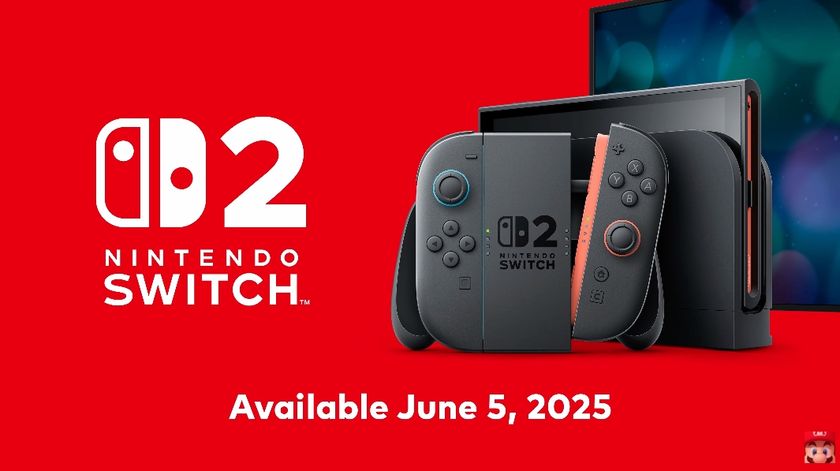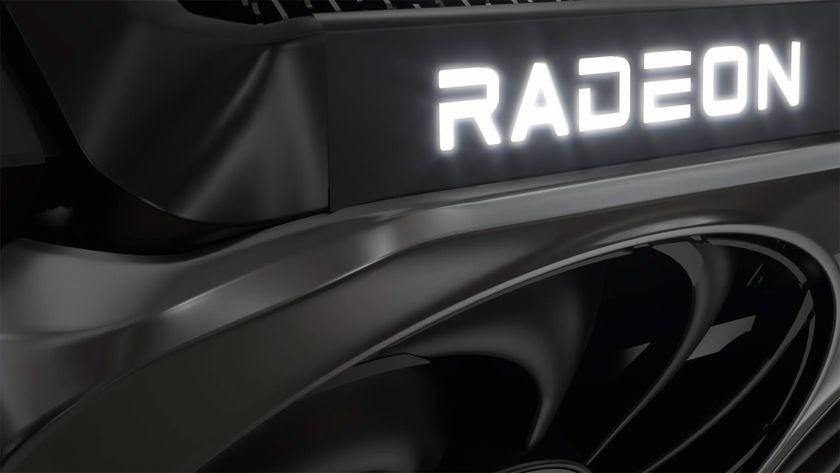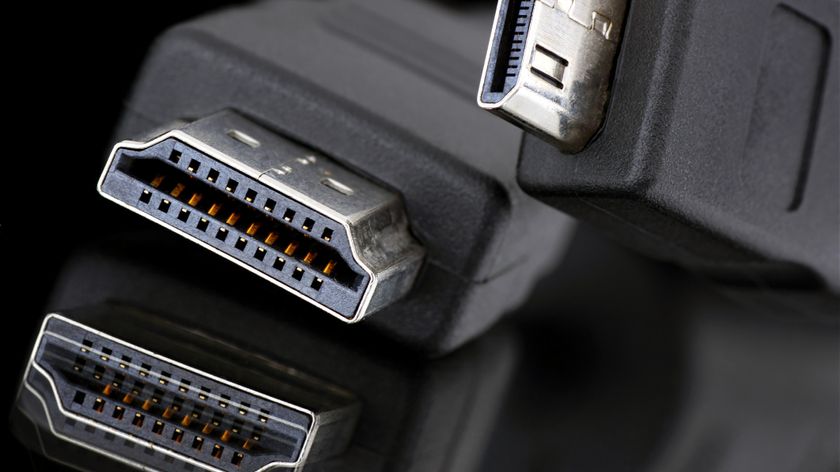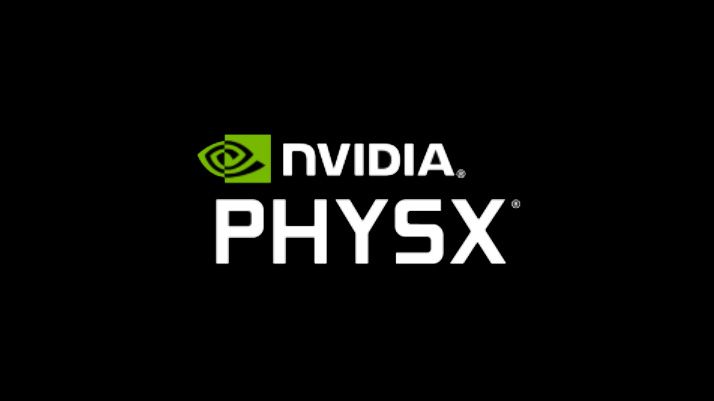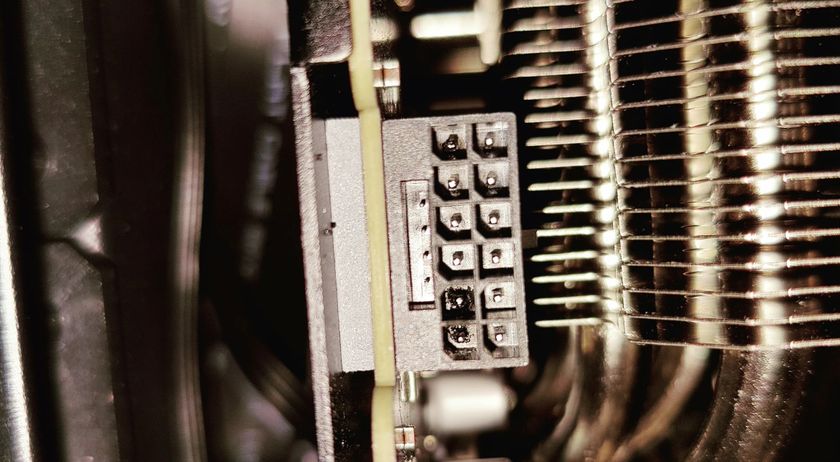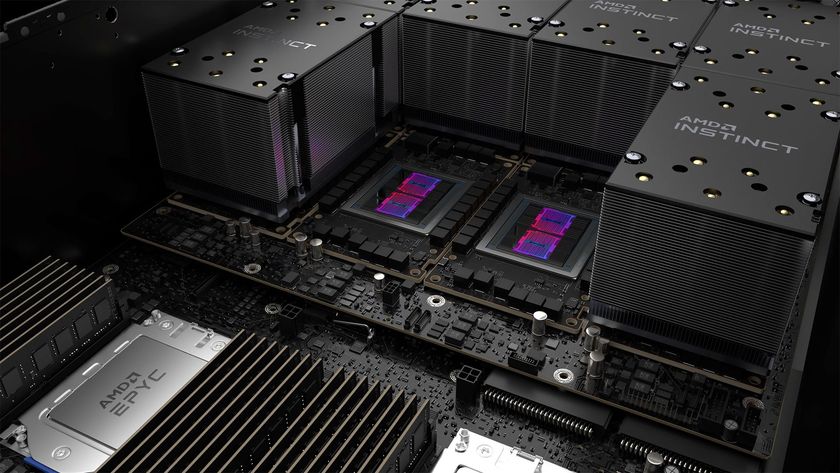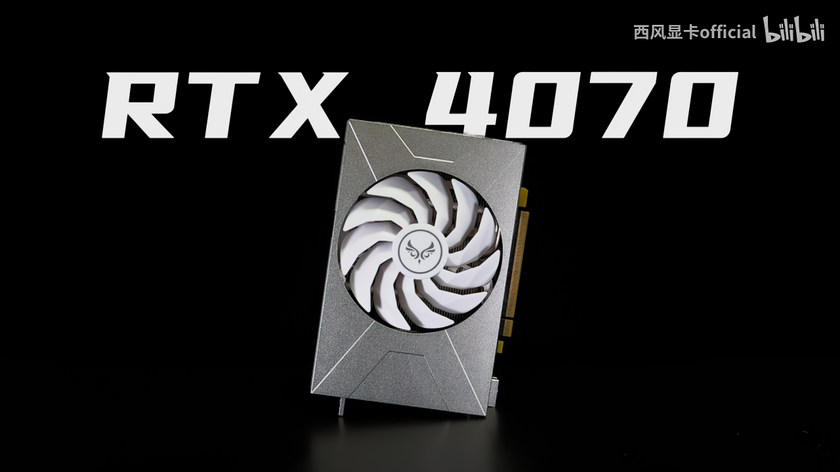Physical game media might perish because of the 25% tariffs on imported discs
Analyst predicts more all-digital strategy in the wake of a potential 25% tariff on disc games
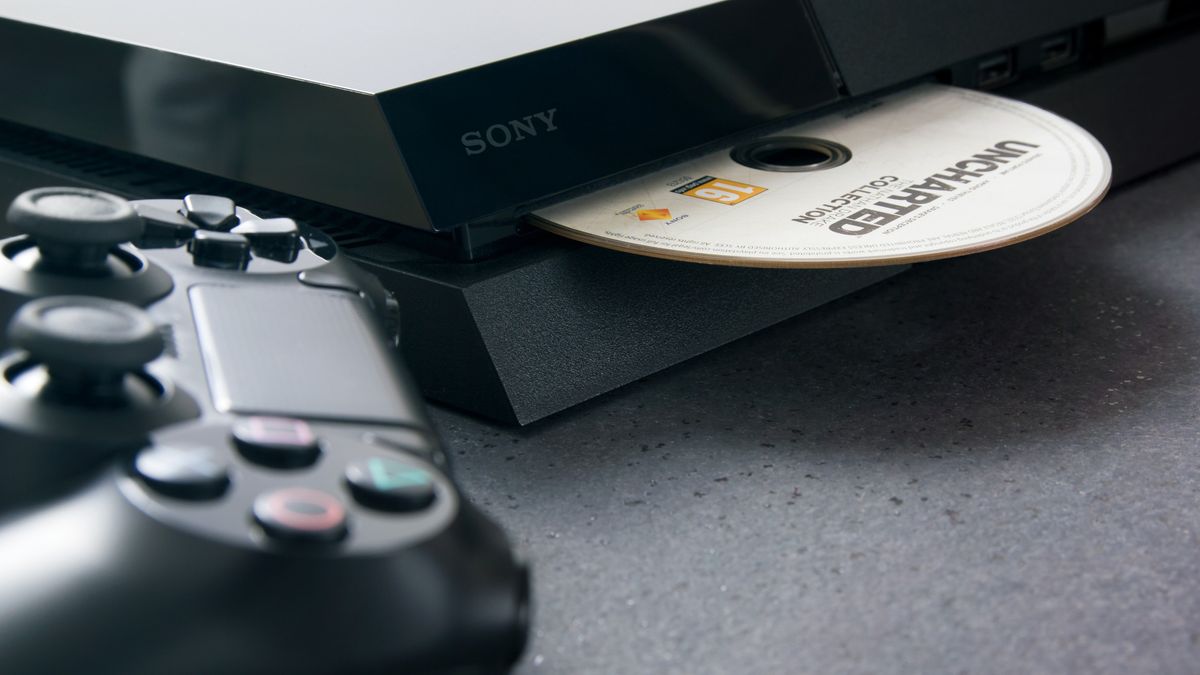
Earlier this week, Circana analyst Mat Piscatella took to BlueSky to discuss the likely impacts of Donald Trump's proposed 25% tariff on imports from Mexico— which happen to include lots of video games sold on disc in the United States [h/t Ars Technica].
As he notes, not only could this limit the scope of physical game runs for games sold in the US, but some digital game prices may still rise to remain in scale with the now more expensive disc titles. This pricing could now quickly meet or exceed $85-90 at Standard Edition pricing tiers, an increase based purely on the tariff, and get even more outrageous with already-pricey Limited and Collectors Editions.
Fortunately, at the time of writing, President Donald Trump has already granted a wide, month-long exemption for tariffs targeting Mexico, including disc imports. For now, physical copies of video games may not be impacted. Current tariffs against China could also mark some long-term pricing increases to console hardware alongside GPU pricing increases we've seen, though as Ars Technica notes, Microsoft and Nintendo having shifted more of their console production away from China could help alleviate the potential impact on those consoles' pricing.
The continuous back-and-forth on this topic means that the proposed tariffs are not a 100% deal—they could change, go away, or get worse at any given moment, and we have no idea when that could happen in this climate. Outside of the gaming industry, several hardware manufacturers—not just Microsoft and Nintendo — are already moving production out of China in hopes of avoiding ever-shifting tariffs from the Trump administration.
Considering that digital distribution is becoming the leading way to play games—with even disc—based games in this era being heavily reliant on the same infrastructure due to the need to release patches for fixes or online play content—seeing disc-based console gaming become more and more of a niche wouldn't be surprising.
However, the price increases incurred on the games that remain physical and are not necessarily restricted to those titles could get spooky quickly for those hoping to extend their library of good, reliable ol' physical media. Hopefully, the tides will shift before we hit the days of Day One $100 Standard Edition games— and at least the 2020-era shift from $60 to $70 AAA pricing already helps mitigate some long-term pricing concerns, at least digitally.
Stay On the Cutting Edge: Get the Tom's Hardware Newsletter
Get Tom's Hardware's best news and in-depth reviews, straight to your inbox.

Christopher Harper has been a successful freelance tech writer specializing in PC hardware and gaming since 2015, and ghostwrote for various B2B clients in High School before that. Outside of work, Christopher is best known to friends and rivals as an active competitive player in various eSports (particularly fighting games and arena shooters) and a purveyor of music ranging from Jimi Hendrix to Killer Mike to the Sonic Adventure 2 soundtrack.
-
Shiznizzle This is not a big deal to most people now. Steam made it clear you are not buying anything but a license and they deliver digitally as do most other content delivery platforms. Game disks for the most part do not exist anymore. Maybe on the console side, i am a PC user so have no idea.Reply -
Co BIY Tariff would be on the value of the imported component. Physical disc and packaging and would not be much. Not total price unless the IP was Mexican.Reply
Kerbal Space ? I'm sure there are others. -
TerryLaze Reply
But only a small number of game devs are US?Co BIY said:Tariff would be on the value of the imported component. Physical disc and packaging and would not be much. Not total price unless the IP was Mexican.
Kerbal Space ? I'm sure there are others.
Konami capcom namco nintendo sega, heck ubisoft, double heck rockstar is UK based. -
bigdragon Someone explain to me how a 25% tariff on a disc that costs $1 to produce causes video games to jump in price from $70 to $85+.Reply
An increase in costs of a quarter per disc does not justify increasing prices $15+ per game. Companies have spent years insisting that consumers are only purchasing a license to rent a game and not the actual assets on disc. This looks like companies looking for yet another excuse or scapegoat for price increases.
Personally, I trust Steam. I do not trust Playstation Network or XBox Live or Nintendo Online. I prefer physical media for all my console games because companies have a long-established history of shutting down their back catalogs and supporting services. -
Co BIY ReplyTerryLaze said:But only a small number of game devs are US?
Konami capcom namco nintendo sega, heck ubisoft, double heck rockstar is UK based.
How tariff's will operate work on software/IP purchases is interesting and a good question but this article is focused on Physical media.
I think the effect on tariffs for physical media should be negligible since it is a such a low "value add".
The goal of the US Tariff policy appears to be to create something like tariff "mirroring" as a starting point that will hopefully be negotiated to lower tariffs and fewer trade restrictions between the free and honest countries. -
TerryLaze Reply
Should be, I agree, but my guess is that as soon as a physical game is assembled this physical 'whatever' is now worth the price of the game, even if there is just a steam code in the box.Co BIY said:I think the effect on tariffs for physical media should be negligible since it is a such a low "value add". -
cryoburner Reply
It's called "fearmongering" and articles like this play into it. The idea presented here is that game discs printed in Mexico would be subject to a 25% import fee on the value of the finished product. But realistically, manufacturers would simply switch away from printing discs in Mexican factories if that were the case. Printing discs isn't exactly some complex manufacturing process that only Mexico can do, and if necessary, new manufacturing facilities could be set up elsewhere relatively quickly. They are just being printed there due to the low labor costs, to save some cents per disc, but if the cost to import them from Mexico were to become much higher than the cost to print them, they would move the printing elsewhere before attempting to convince consumers to pay significantly more for games, when none of that extra money would be going to the publisher.bigdragon said:Someone explain to me how a 25% tariff on a disc that costs $1 to produce causes video games to jump in price from $70 to $85+. -
Heiro78 Reply
I couldn't agree more. I'm PC and Switch gamer. All but one game are physical on the switch. Okami HDbigdragon said:Someone explain to me how a 25% tariff on a disc that costs $1 to produce causes video games to jump in price from $70 to $85+.
An increase in costs of a quarter per disc does not justify increasing prices $15+ per game. Companies have spent years insisting that consumers are only purchasing a license to rent a game and not the actual assets on disc. This looks like companies looking for yet another excuse or scapegoat for price increases.
Personally, I trust Steam. I do not trust Playstation Network or XBox Live or Nintendo Online. I prefer physical media for all my console games because companies have a long-established history of shutting down their back catalogs and supporting services. -
TerryLaze Reply
Yeah, that's the point of the tariffs, anything that isn't US is gonna be 25% more expensive.cryoburner said:It's called "fearmongering" and articles like this play into it. The idea presented here is that game discs printed in Mexico would be subject to a 25% import fee on the value of the finished product. But realistically, manufacturers would simply switch away from printing discs in Mexican factories if that were the case. Printing discs isn't exactly some complex manufacturing process that only Mexico can do, and if necessary, new manufacturing facilities could be set up elsewhere relatively quickly. They are just being printed there due to the low labor costs, to save some cents per disc, but if the cost to import them from Mexico were to become much higher than the cost to print them, they would move the printing elsewhere before attempting to convince consumers to pay significantly more for games, when none of that extra money would be going to the publisher.
But making them in the US is probably gonna be more than 25% more expensive.

